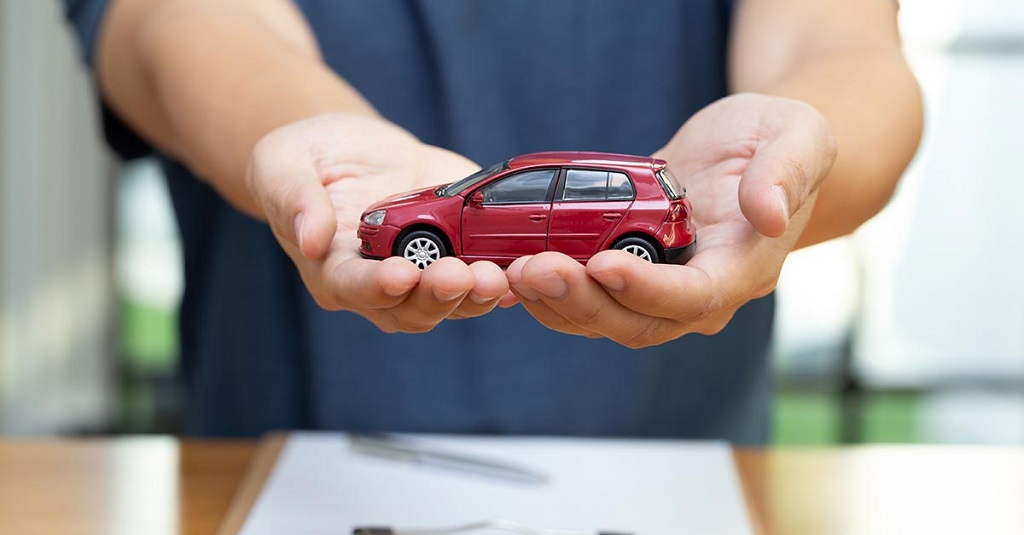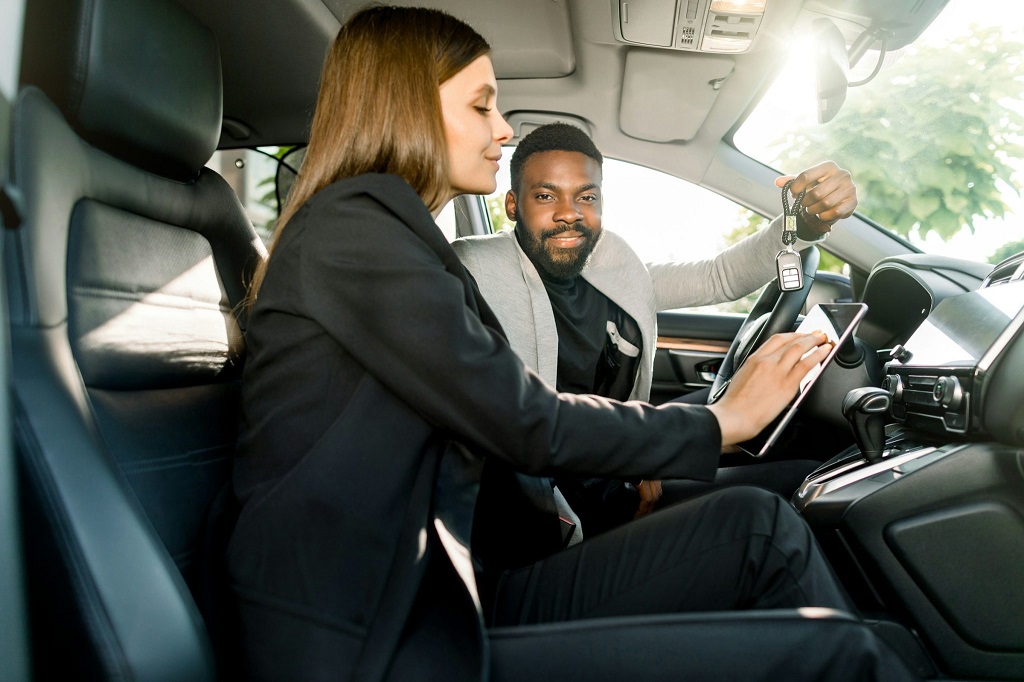
Cruising Without the Wheels: A Guide to Car Insurance Without Owning a Car
Car insurance is typically associated with car ownership. However, there are situations where you might need car insurance even if you don’t own a vehicle. This guide explores the different scenarios where non-owned car insurance can be beneficial and the various options available.
Understanding Non-Owned Car Insurance: Coverage for Borrowed Journeys
Non-owned car insurance, also known as Non-Operators Liability (NOL) insurance, is a liability-only insurance policy designed for people who don’t own a car but occasionally drive someone else’s vehicle. It provides financial protection if you cause an accident while driving a car that isn’t registered in your name.
Scenarios Where Non-Owned Car Insurance Might Be Necessary:
- Frequent Borrower: If you regularly borrow a car from friends, family, or ride-sharing services like Turo, non-owned car insurance can offer peace of mind.
- Occasional Driving Needs: Even if you don’t borrow a car often, having non-owned car insurance can be helpful for unexpected situations like needing to drive a friend’s car in an emergency.
- Maintaining Driving Privileges: In some cases, having non-owned car insurance can help maintain a clean driving record and potentially lower future insurance premiums when you eventually own a car (check with your local laws and insurance providers).
Key Considerations Before Getting Non-Owned Car Insurance:
- Cost-Effectiveness: Weigh the cost of the non-owned car insurance policy against how often you anticipate driving someone else’s car. If it’s a rare occurrence, the cost might outweigh the benefit.
- Existing Insurance Coverage: If you have another insurance policy, like renters insurance, it might already include limited coverage for occasional driving of non-owned vehicles. Review your existing policy details to avoid unnecessary duplication.
- Car Owner’s Insurance: The car owner’s primary insurance policy is the first line of defense in case of an accident. Non-owned car insurance provides additional protection if the car owner’s coverage limits are insufficient.
Types of Non-Owned Car Insurance Coverage:
- Bodily Injury Liability: This covers medical expenses and lost wages of others injured in an accident you cause while driving someone else’s car.
- Property Damage Liability: This covers repairs to other vehicles or property damaged in an accident you cause.
- Uninsured/Underinsured Motorist Coverage (Optional): This protects you if you’re in an accident caused by a driver with no insurance or inadequate coverage.
Obtaining Non-Owned Car Insurance: Exploring Your Options
There are a few ways to get non-owned car insurance:
- Stand-alone Non-Owned Car Insurance Policy: You can purchase a separate non-owned car insurance policy from an insurance company.
- Rider on Existing Policy: Some insurance companies allow adding a non-owned car insurance rider to your existing renters or homeowners insurance policy, potentially offering a discounted rate.
- Coverage Through Employer: Certain employers might offer non-owned car insurance as part of a benefits package if your job involves driving company vehicles.
Related: How Much Is Car Insurance Per Month
The Final Gear: Making an Informed Decision
Non-owned car insurance can be a valuable tool for occasional drivers or those who frequently borrow cars. Carefully consider your driving habits, existing insurance coverage, and cost-effectiveness before making a decision. It’s always recommended to speak with an insurance agent or broker to understand your specific needs and explore the most suitable options available.
Additional Tips:
- Be Transparent with the Lender: If you’re borrowing a car, inform the owner that you have non-owned car insurance for added peace of mind.
- Understand Policy Limits: Be aware of the coverage limits on your non-owned car insurance policy and discuss any concerns with your insurance provider.
- Review Regularly: As your driving habits change, revisit your non-owned car insurance needs and adjust your coverage accordingly.




